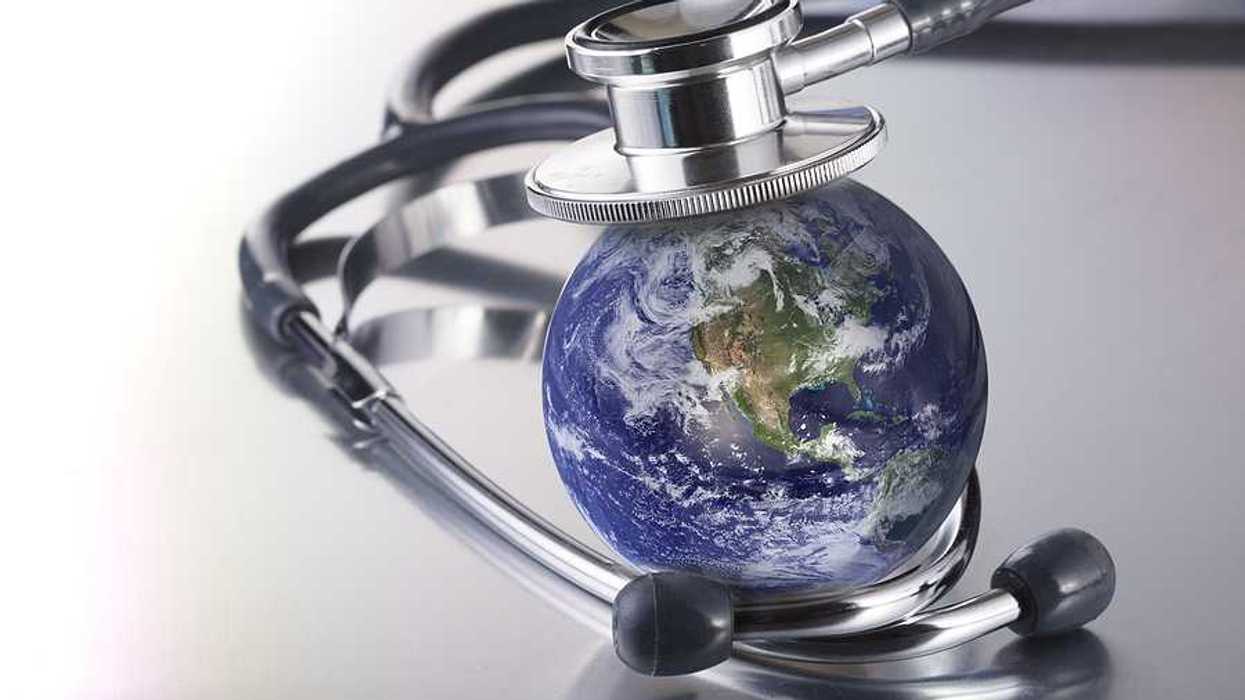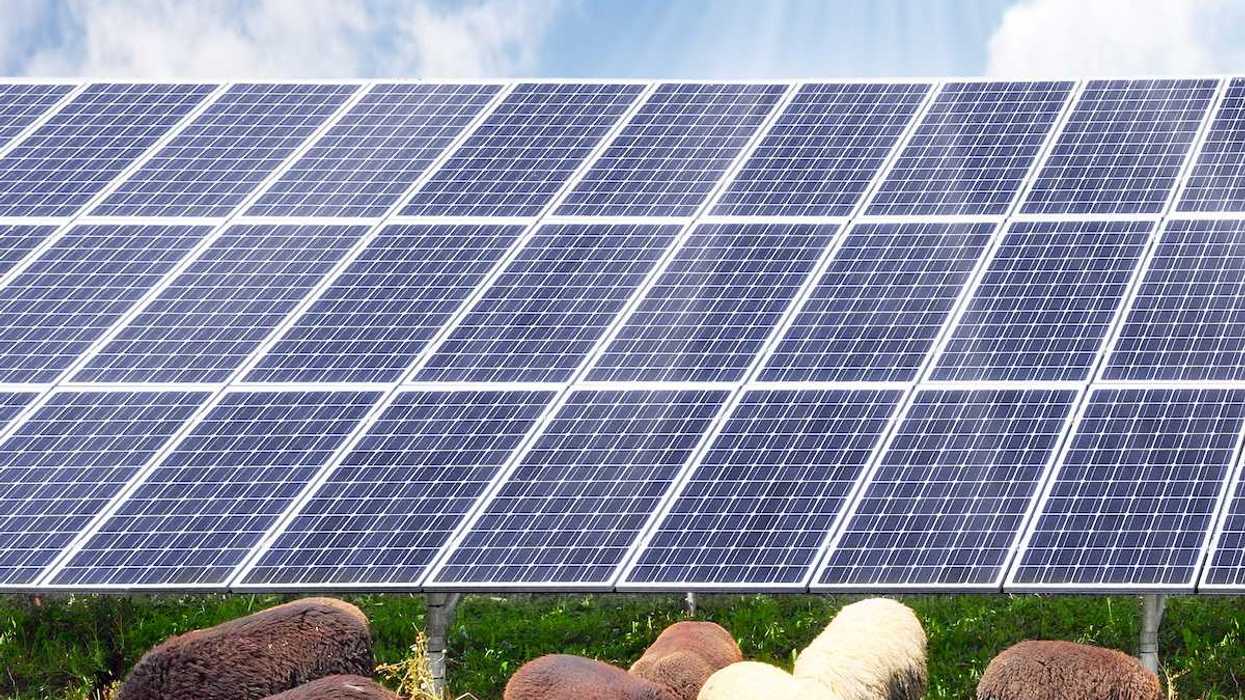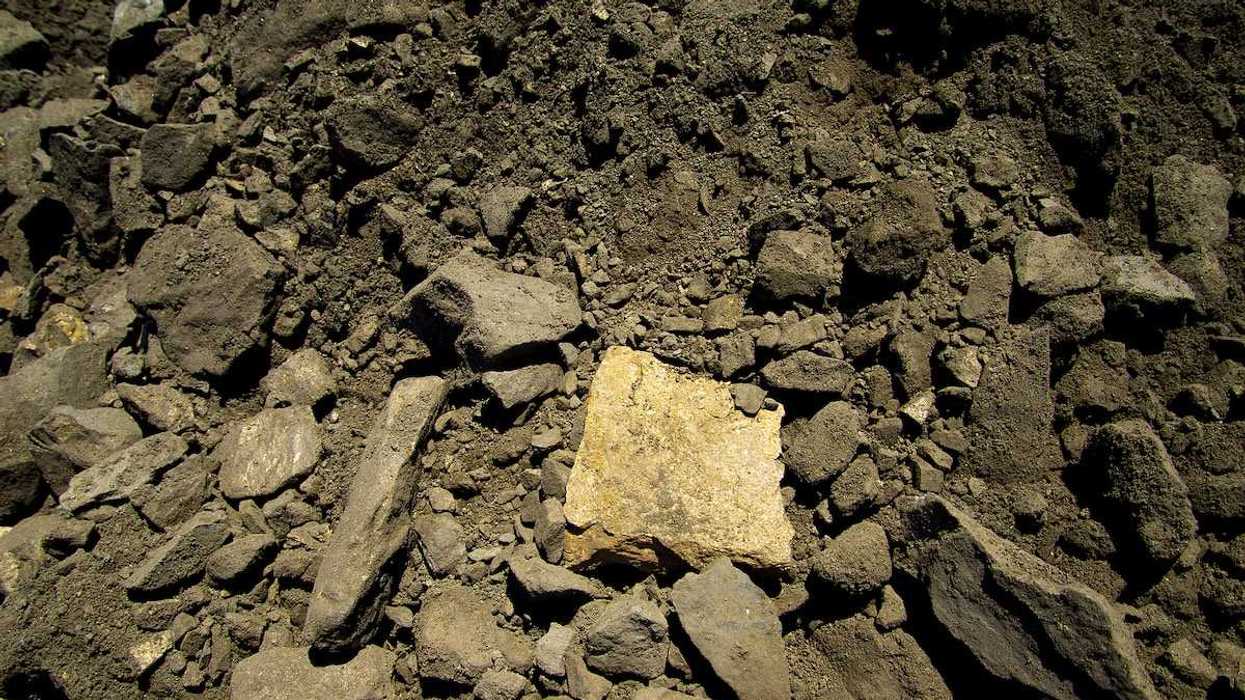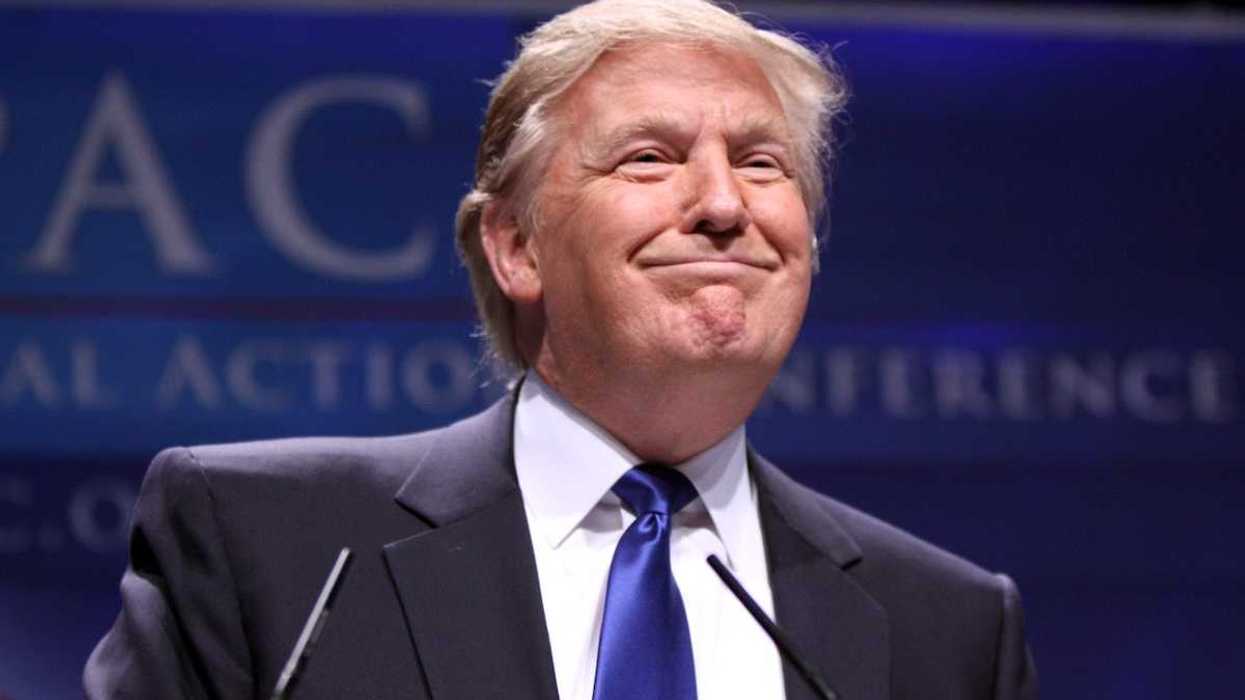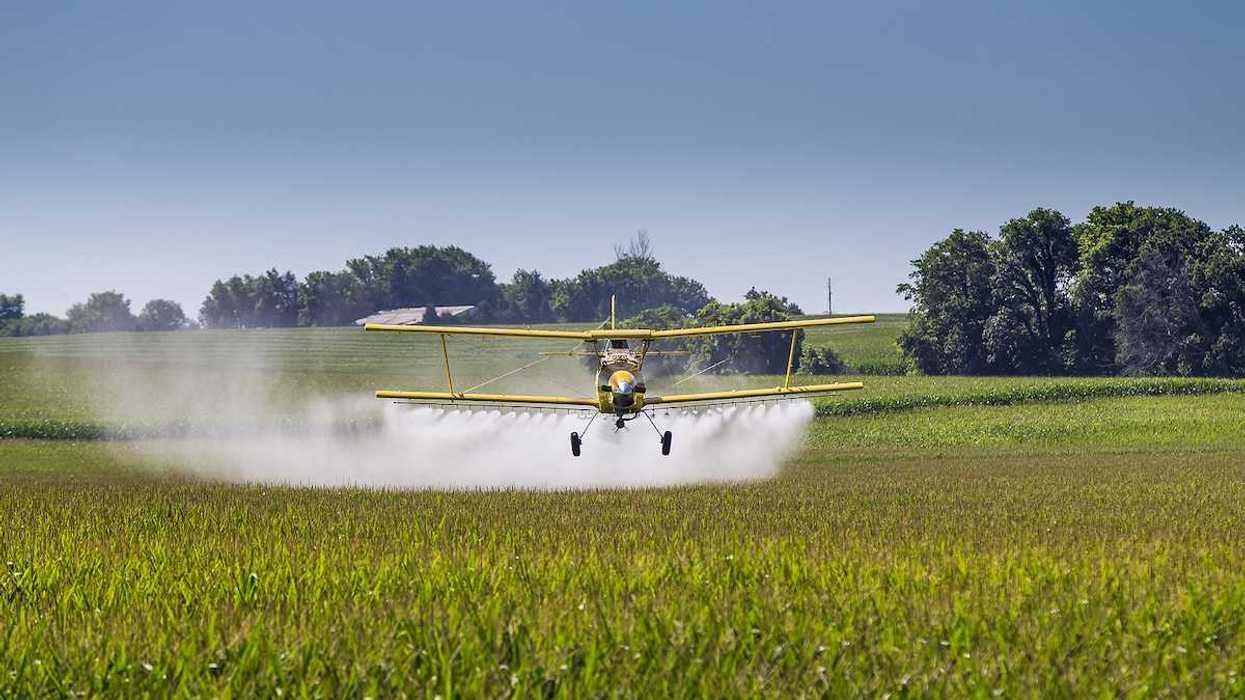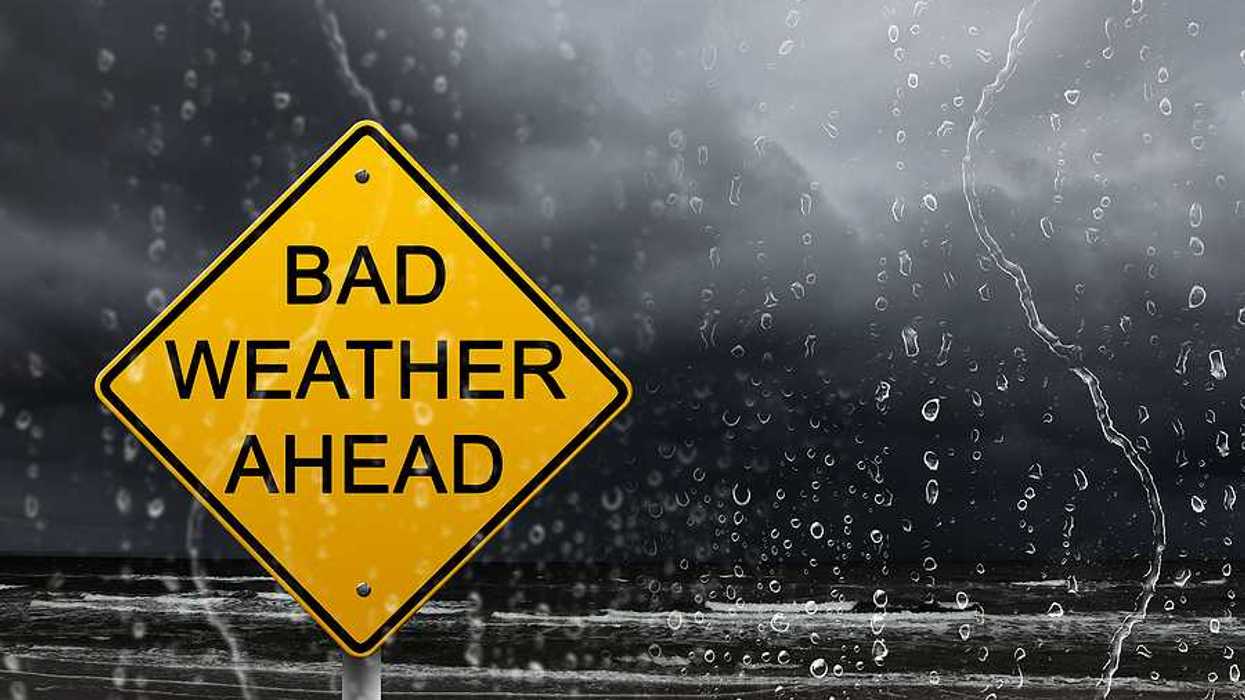The Trump administration has granted two-year exemptions from Clean Air Act limits to more than 100 industrial polluters, reversing protections aimed at reducing cancer and developmental health risks.
Rachel Frazin reports for The Hill.
In short:
- The White House issued four proclamations exempting coal plants, chemical manufacturers, oil refineries, and medical sterilizers from rules targeting emissions of toxic substances like mercury, ethylene oxide, and chloroprene.
- One of the rolled-back rules had been expected to cut cancer risk by up to 96% for communities living near chemical facilities.
- The administration said the move supports energy reliability and economic vitality, while critics say it prioritizes polluters over public health.
Key quote:
“Trump’s action on behalf of big corporate polluters will cause more cancer, more birth defects, and more children to suffer asthma. The country deserves better.”
— Patrice Simms, vice president of litigation, Earthjustice Healthy Communities Program
Why this matters:
Mercury, ethylene oxide, and chloroprene are dangerous industrial pollutants, linked to cancer, developmental harm, and respiratory illness. Communities near industrial plants — often low-income and disproportionately Black or Latino — face higher risks from long-term exposure. The U.S. Environmental Protection Agency under former President Biden sought to reduce these threats by limiting emissions, especially from facilities near homes, schools, and hospitals. Now, with exemptions in place, those protections are paused or effectively revoked. Though framed as temporary, the move comes amid a broader rollback effort and may become permanent.
Learn more: California scrambles for new strategies as Trump administration blocks clean air rules




